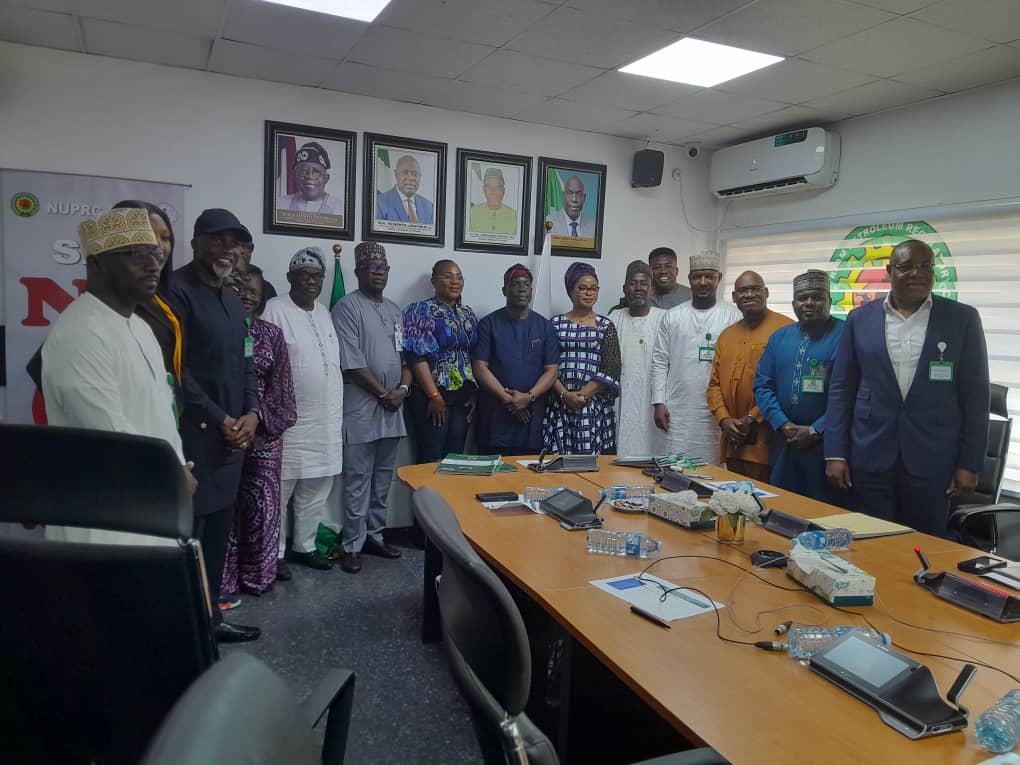Mojisola Saka
The current reform program of the Tinubu administration, as I understand it, seeks to re-invent Nigeria’s economic wheel, take the country back to the post-independent era and start a journey that would birth a society where economic growth results in prosperity for its people. If I am correct, then there is need to return to the basics – literally speaking, that same era when the country was not only an economic giant on the African continent, but one that was poised to become a leading economy in the world.
Nigeria was a large economy relying solely on proceeds from agriculture to drive industrial growth from three main regions, namely, Eastern, Western and Northern regions, with palm produce, cocoa and groundnut, respectively. Conversations have not ceased regarding where the country would be today, economically, if its political journey had not been interrupted in 1966. But as they say, better be late than never.
The ongoing reforms present, perhaps, the best opportunity for Nigeria to achieve an all-round and sustainable growth by unlocking the strengths of each of the six geo-political zones of the federation. This could be achieved by a deliberate shift from the traditional economic mainstay of commodities to industrialization. This does not, in any way, suggest and abandonment of commodities in the same manner agriculture was abandoned when oil became the country’s economic mainstay and major source of income. The suggestion here is diversification.
One of the cardinal objectives of the reforms as captured in the new tax laws that will come into effect from January 1, 2026, is some level of financial autonomy for all the states, in particular, and the geo-political regions, as a whole. It should be among the objectives of the reforms to help the regions maximize their potential, for economic growth by exploiting their areas of strength – a question of using what you have to get what you need. If this is achieved, it might reduce dependence on Abuja for monthly handouts, an anomaly that has made states to be laidback on internally generated revenue.
As has often been acknowledged, there is no part of Nigeria that is not endowed with one natural resource or the other. Every state literally sits on wealth. What have been lacking over the years are the political will and commitment to take the required steps to enable the states to derive maximum economic benefits from those resources.
The level of economic growth envisaged by the reforms requires that there should be synergy between the federal and state governments, in a bi-partisan manner, to identify the areas of strength of each state and region, and design the industries that would exploit those strengths for economic growth. For instance, the agricultural endowments of the North should be reflected in the number of agro-allied industries that are established in that part of the country. This is in addition to the normal supply of food items and agricultural produce.
Let us imagine the level of economic growth and rate of industrialization that the establishment of at least one agro-allied industry in each of the 19 states in the North could ushered in, and the number of jobs that could be created in the agricultural value chain in that part of the country. Every one of the northern states has the capacity to produce one food item or the other. This kind of development has the potential to unlock the potential of the North to contribute significantly to Nigeria’s achievement of food security.
The South West is fast becoming Nigeria’s centre for technology, with Lagos rated as the world’s fastest-growing tech city in 2025, in the Global Tech Ecosystem Index published by Dealroom.co, the Netherland-based, internationally recognized research firm. The state was ranked in the “Rising Stars” category that listed cities with rapidly growing tech ecosystems, beating other cities like Istanbul, Turkey; Pune, India as well as Belo Horizonte and Curitiba, both in Brazil.
Five tech companies – Interswitch, Opay, Jumia and Moniepoint – combined to give Lagos this ranking, making it a startups destination in Africa.
Lagos has the potential to lead Nigeria’s tech revolution that could open a new vista for accelerated and sustainable economic growth. The growing involvement of the country’s youth population in ICT is a potential avenue for job creation and poverty reduction.
The South South states of the Niger Delta should explore ways to encourage private participation in the setting up of ancillary industries in the oil and gas sector, beyond the exploration and drilling activities of oil companies. This would be achieved through creation of a conducive economic climate that comprises incentives like provision of infrastructure, free land allocation, tax holidays, etc.
The South East has been acknowledged over the years as a major manufacturing corridor, with Aba often touted as ‘the Japan of Nigeria.’ The reforms should envisage a time when “Aba-made” would be a slang of pride, just as “Taiwan-made” and “China-made,” which were used derisively a few decades ago, are toady used to connote the growing status of those countries in manufacturing. The common denominator in the areas for potential economic growth highlighted is the fact that they would be SMEs, to make them open to as many Nigerians as possible. The reforms should create avenues for easy access to financing, especially in relation to interest rates and tax.
The objectives of the reforms are achievable. But a lot would depend on the willingness of all stakeholders – governments at all levels, public and private sector institutions, as well as individuals – to see the same big picture of a country with sustainable economic growth and prosperity for its citizens.
Mojisola Saka is the CEO, Boucles Africa and Co-Chair, Media and Communications, NES31
The post Why Regional Industrialisation Holds Key to Shared Prosperity appeared first on THISDAYLIVE.


